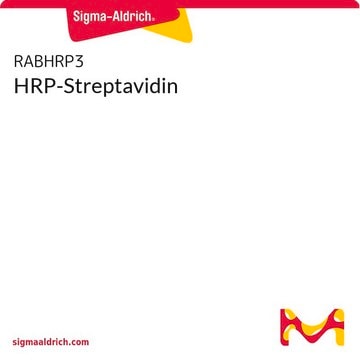SML2135
Biotinyl tyramide
≥97% (HPLC), powder, tyramide signal amplifier
Synonyme(s) :
(3aS,4S,6aR)-Hexahydro-N-[2-(4-hydroxyphenyl)ethyl]-2-oxo-1H-thieno[3,4-d]imidazole-4-pentanamide, BP, Biotin-Phenol
About This Item
Produits recommandés
product name
Biotinyl tyramide, ≥97% (HPLC)
Pureté
≥97% (HPLC)
Forme
powder
Couleur
white to beige
Solubilité
DMSO: 2 mg/mL, clear
Température de stockage
−20°C
Chaîne SMILES
O=C(NCCC1=CC=C(O)C=C1)CCCC[C@@H]2SC[C@@]3([H])[C@]2([H])NC(N3)=O
Application
Actions biochimiques/physiologiques
Produit(s) apparenté(s)
Code de la classe de stockage
11 - Combustible Solids
Classe de danger pour l'eau (WGK)
WGK 3
Certificats d'analyse (COA)
Recherchez un Certificats d'analyse (COA) en saisissant le numéro de lot du produit. Les numéros de lot figurent sur l'étiquette du produit après les mots "Lot" ou "Batch".
Déjà en possession de ce produit ?
Retrouvez la documentation relative aux produits que vous avez récemment achetés dans la Bibliothèque de documents.
Les clients ont également consulté
Notre équipe de scientifiques dispose d'une expérience dans tous les secteurs de la recherche, notamment en sciences de la vie, science des matériaux, synthèse chimique, chromatographie, analyse et dans de nombreux autres domaines..
Contacter notre Service technique













